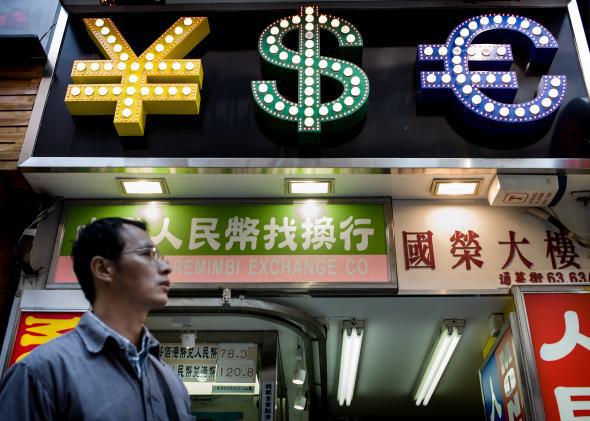It’s not a surprise that irrational factors often move markets. Economists in the 1980s, for instance, found that stock market returns were often lower on Friday the 13th. More recently, the viral success of “Gangnam Style” led to a flurry of investment in the Korean semiconductor firm owned by singer Psy’s father. But with the growing importance of Chinese investment, how do traditional Chinese superstitions come into play in modern global markets?
A recent paper by Richard Chung of Australia’s Griffith Business School and Bin Li and Ali Darrat of Louisiana Tech looked at the impact of Chinese numerological beliefs on U.S. commodity markets. In Chinese culture, 8 is considered a lucky number while 4 is unluckily. The Beijing Olympics, for instance, began on 8th day of the 8th month of 2008 whereas many buildings skip the fourth floor the same way many Americans buildings skip the 13th.
In 2011, China bought 58 percent of total U.S. exports of soybeans, 51 percent of copper and 31percent of raw cotton, so if Chinese investors are being superstitious in their behavior, you might expect to see an impact on the prices of these commodities.
And indeed, the “day 4 in the months associated with significantly lower returns” for the three commodities. The effect of lucky days was less evident.
This isn’t the first time this effect has been studied, and as you might expect it seems more pronounced in China itself. A paper last year by economists from UC Irvine and the Nanyang Business School looked at the Chinese IPO market, finding that “the frequency of lucky numerical stock listing codes exceeds what would be expected by chance” and that “newly listed firms with lucky listing codes are initially traded at a premium.”
As Chung, Darrat, and Li note, this effect seems “in conflict with an efficient US commodity market as it opens the possibility for formulating profitable trading rules based on day 4 trading.” In other words, as long as China’s demand for commodities keeps up, it might pay to brush up on your lucky numbers.
